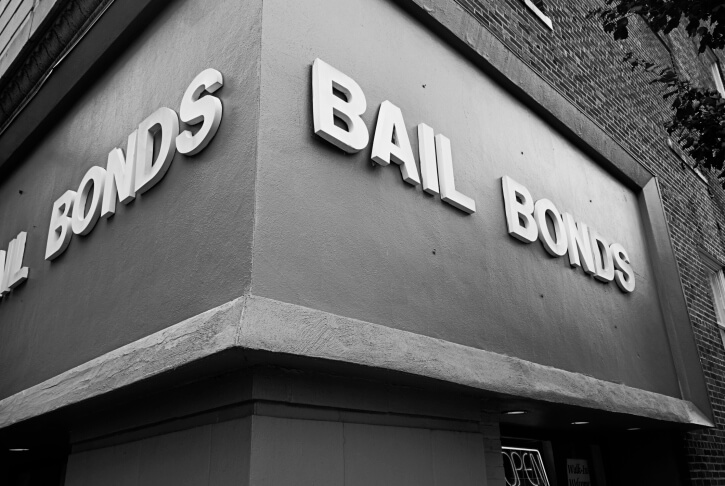
How to Post Bail in Arizona: 5 Things to Know
Controversies have erupted during the past decade in some states over the regulation of bail recovery agents, better known as bounty hunters. In Arizona, state lawmakers have a licensing process in place for any bail bond agent and only a licensed bail bond company can hire someone to act as a bail recovery agent. Under Arizona law, a bail recovery agent must be at least 18 years old and have no criminal record. Bail bond companies are required to provide lists of bail recovery agents and each individual agent must provide a set of fingerprints once a year. Before becoming concerned with bounty hunters, here are 5 things to know if you need to post bail in Arizona.
1. 4 Ways to Get Out of Jail
Personal recognizance – Known as a PR bail, this is a way for defendants to be released from jail without having to put up any cash or property. A defendant instead signs a contract agreeing to show up to all court appearances and to follow any conditions of bail that may be ordered by the court.
Cash bond – This is not only the fastest but the cheapest way to get out of jail after an arrest. While a defendant or someone acting on behalf of the defendant will be required to put up the full amount of bail, the bulk of the cash bond will be returned as long as all bail conditions are followed. Some local courts throughout the state accept credit cards and checks, as well as cash and cashier’s checks.
Surety bond – A surety bond is a contract with a bail bond agent, who guarantees the full amount of the bond in exchange for a premium set at 10 percent by lawmakers in Arizona. With a $10,000 bond, a defendant or family member or friend need only pay $1,000 to the agent, for example. The bail bond company guarantees full payment of the bond to the court in the event the defendant doesn’t comply with all bail obligations. If the defendant shows up for all court hearings, the 10 percent premium is not returned.
Property bond – A defendant, or an adult acting on his or her behalf, can secure the release from jail by putting up a piece of property. The owner of the property enters into a contract with the court and a lien is placed on the property. The owner of the property must have equity that at least is equal to the amount of the bail.
2. How to Get Bail
A defendant or an indemnitor can post bail directly from jail. The rules for what type of payment is accepted varies from court to court. In some courts in Arizona, cash, credit cards and checks are not accepted. However, there usually is a list of nearby businesses that issue money orders or cashier’s checks, which should be accepted throughout the state. A bail bond agent can be called from jail or by a friend or relative on behalf of the defendant. In some cases, the bail process can be completed in as little as an hour.
3. What Will Bail Cost?
There are two elements that determine the cost of bail. One is the amount that bail bond companies are allowed to charge in the state. In Arizona, that premium is 10 percent. On top of the 10 percent premium, there also are generally minor charges for court fees and administrative charges. Of course, if a cash bail is involved, the entire amount must be posted.
4. How Long Will I Stay in Jail?
For misdemeanor charges, it often will take only a couple of hours to be released – and much of that time is reserved for fingerprinting and processing of the defendant as a new prisoner. If the bail must be set during an initial hearing, one is commonly scheduled within 24 hours. If you are trying to post bail for someone charged with DUI, there is an additional delay to ensure that the defendant is completely sober.
5. What if I Miss a Court Appearance?
There are two ways for a defendant to forfeit a bond. One is by missing any scheduled court appearance. The second is by not following conditions attached to the release from jail by the court – such as reporting to a court official or staying away from the victim in the case. The court will immediately issue a bench warrant for the defendant’s arrest on two charges – one is to be re-arrested on the original charge and the second is the charge of failing to appear in court. At the same time, the court will keep the any cash bond or will require the full payment of a bail bond. That action will trigger the bail bond company to search for the defendant, often using a bounty hunter. A forfeiture can be set aside if the defendant is returned to custody with 120 days.
The information contained above is for informational purposes only. If you need legal advice you should consult an attorney.
Related:
How Does a Bail Bond Company Make Money?
Top 10 Types of Bail Bond Collateral